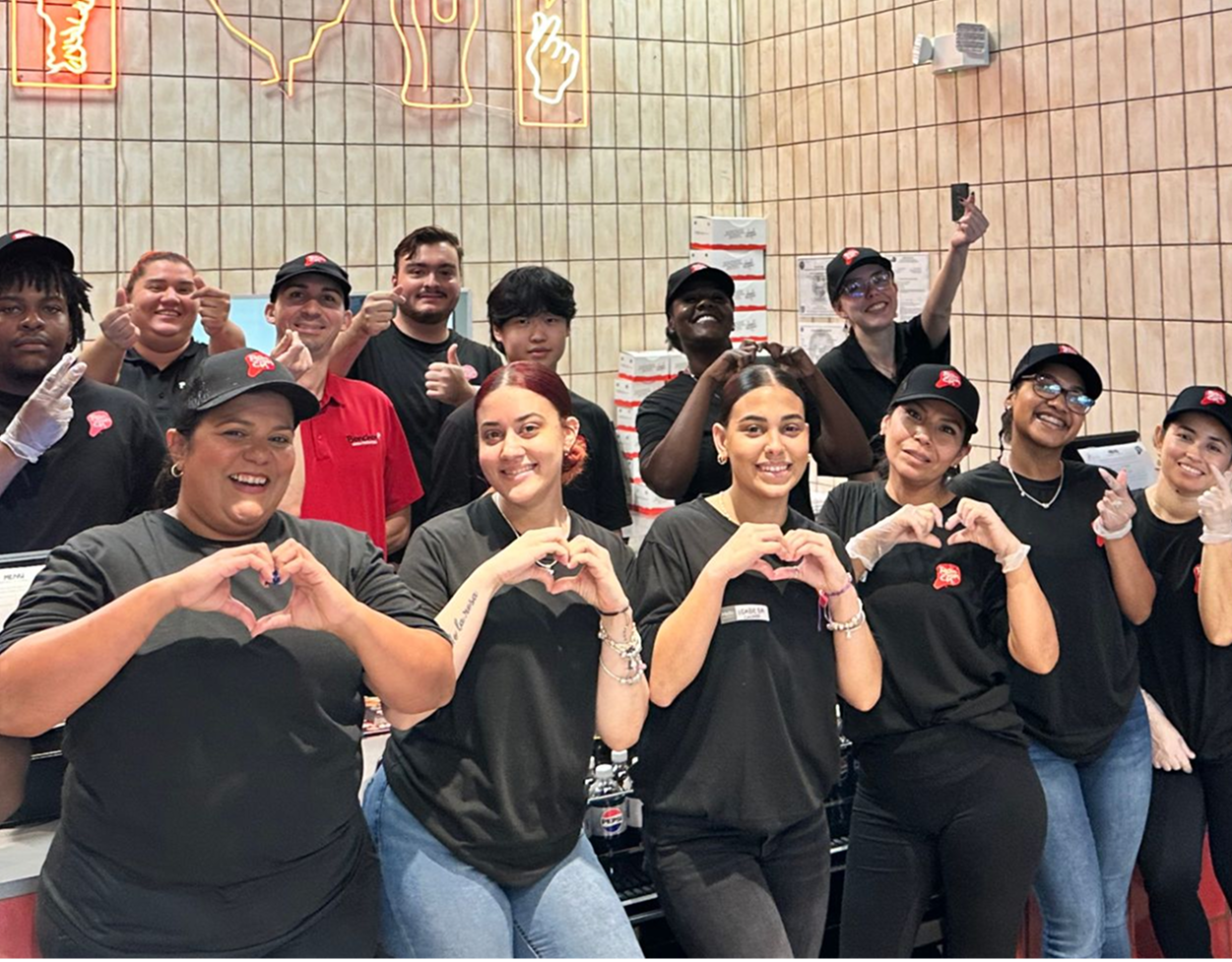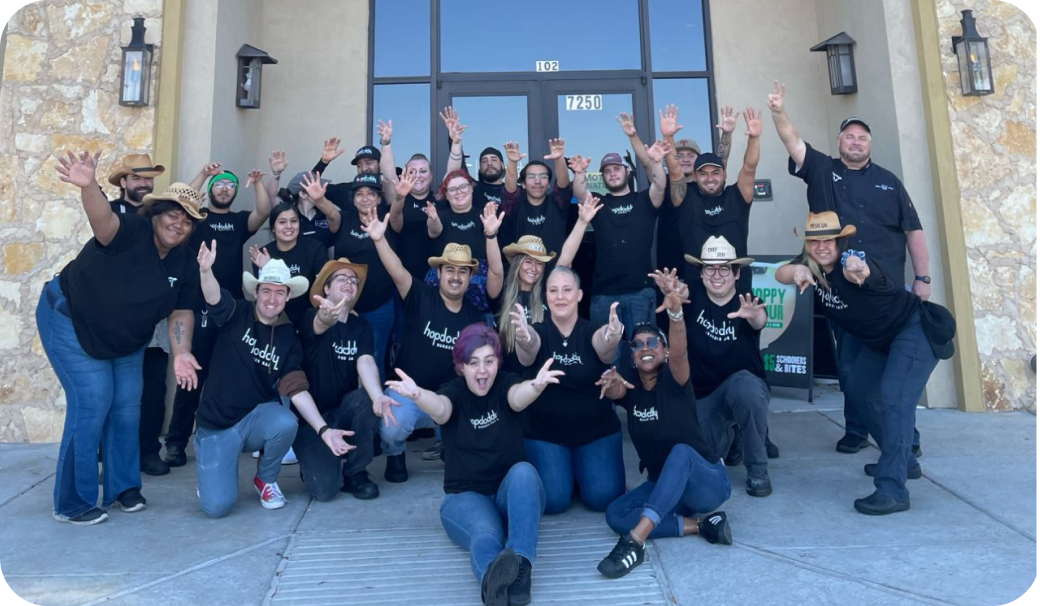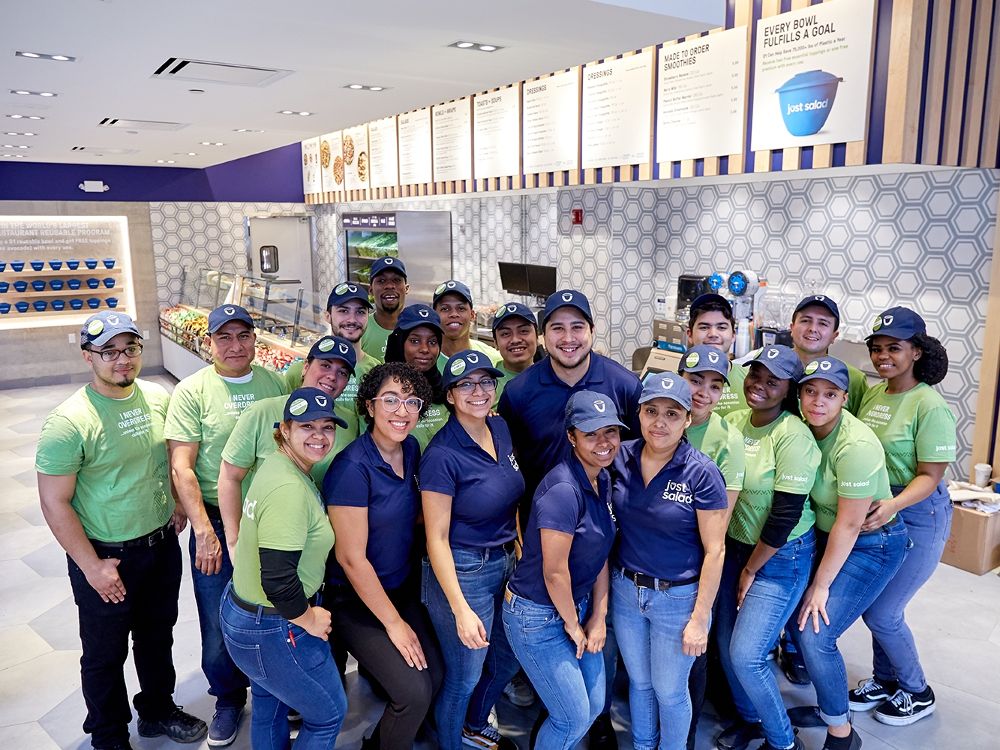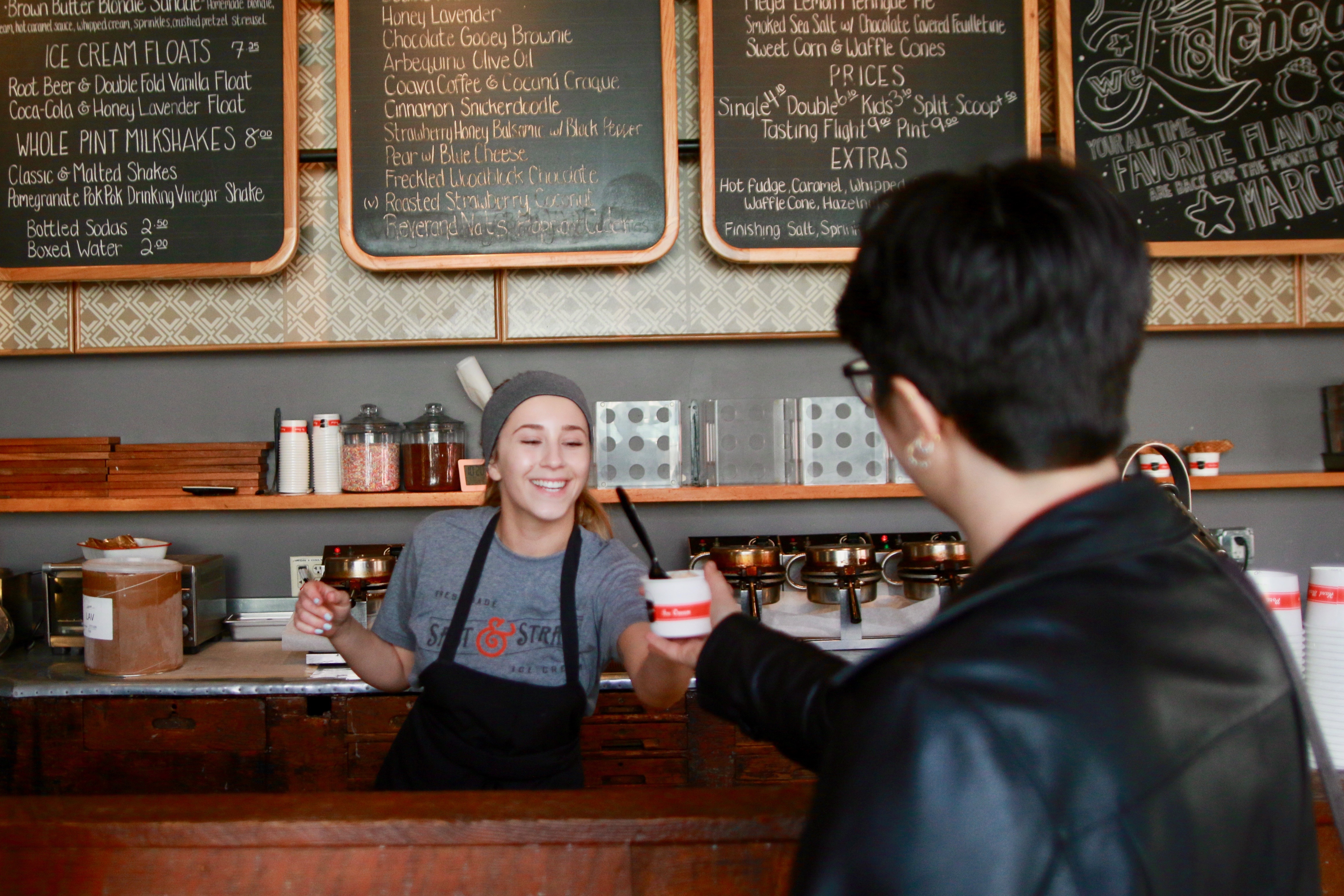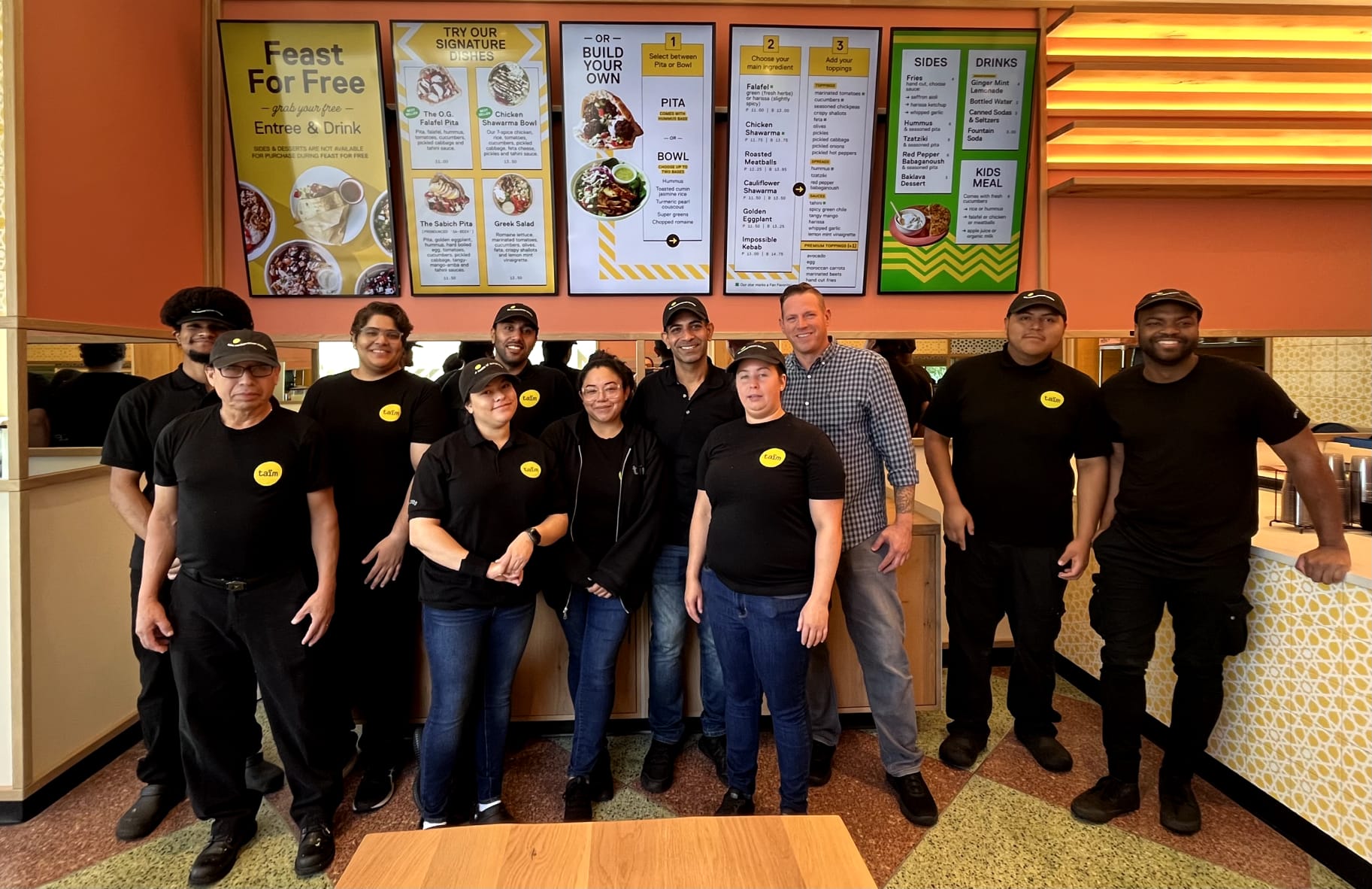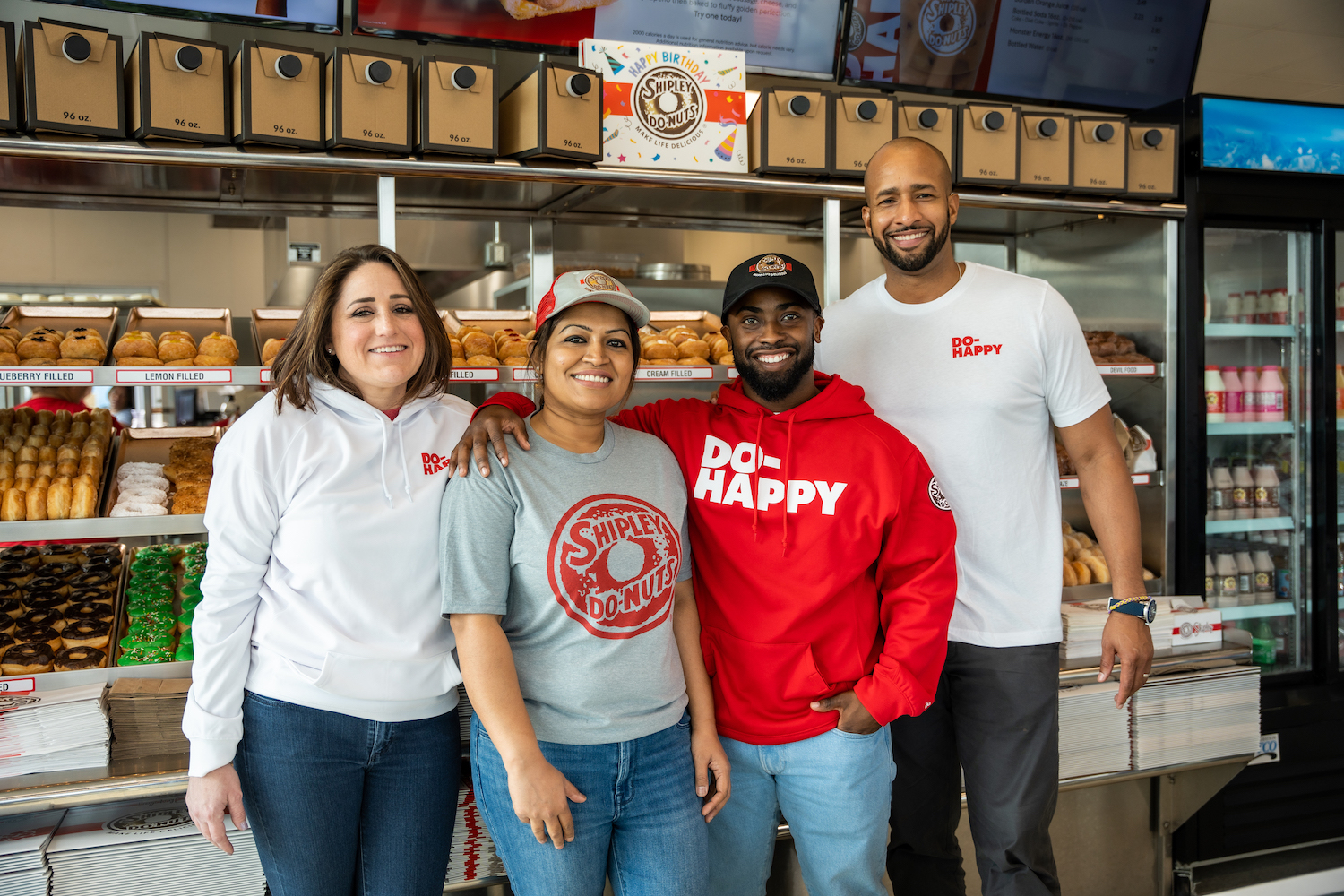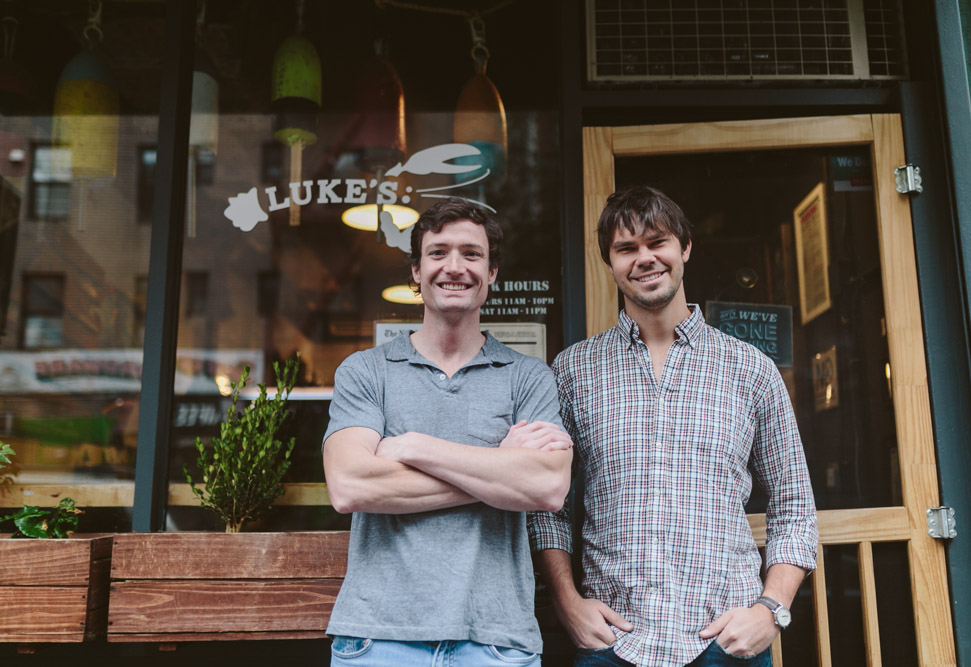
When hearing the term “university staff,” most people think of professors — but there are many other frontline employees needed to help a school thrive. This is something that Tracey Wells, Lead System Specialist for Auxiliary Services at Rhode Island School of Design (RISD), knows well.
For over seven years, Wells has helped RISD design, implement, and upgrade systems for auxiliary services like dining, mail, conferences, and retail. For much of that time, she’s worked alongside Crystal Green, Training and Development Specialist at RISD, and Anne Colasanto, Project Manager at RISD to provide auxiliary services employees with the knowledge and training they need to excel in their roles.
But until recently, an outdated training program was preventing employees from reaching their full potential.
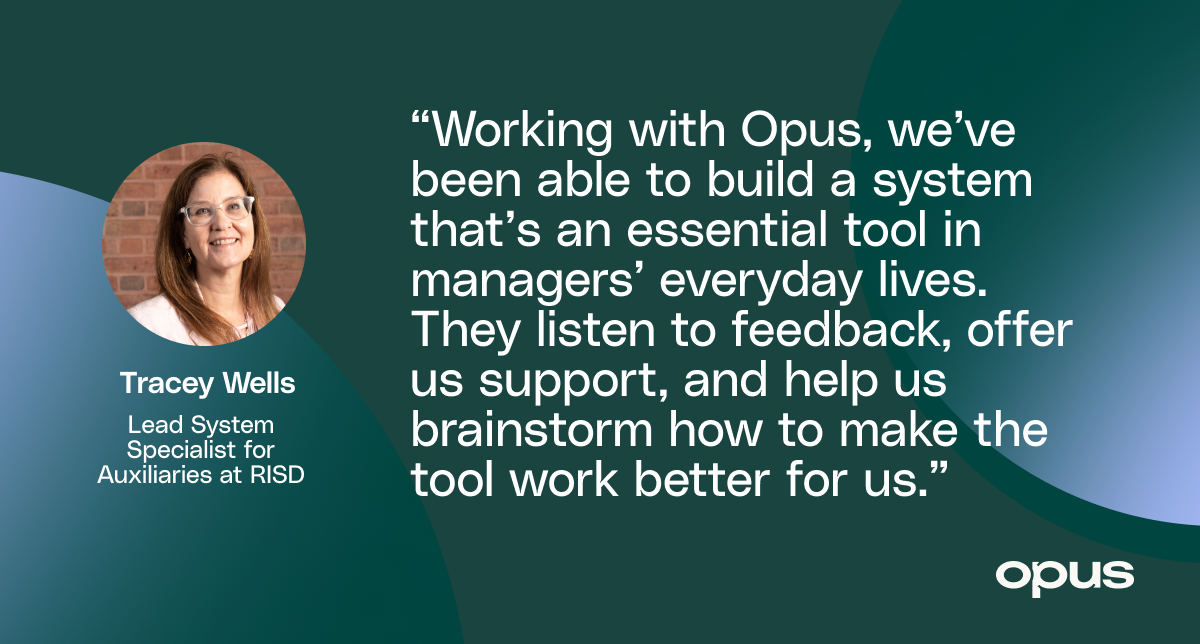
Challenge: A Traditional Training Program That Left Knowledge Gaps
Before Opus, RISD’s auxiliary services team had no learning management system (LMS). They relied primarily on in-person sessions, printed training materials, and manual processes.
In addition to onboarding, they held periodic training sessions on role-specific tasks, university-wide initiatives, and procedural updates. However, these trainings were lengthy — most were about an hour or two each, but some took all day. Consequently, they would have fewer team members on the floor — which often overwhelmed managers and hindered operations.
What’s more, the content failed to resonate with employees. Some were unable to access the materials in their preferred language, while others found the paper-based training materials unengaging.
So when the auxiliary services’ Executive Director saw a demo of Opus at a learning and development (L&D) conference, she was immediately intrigued. After Wells helped lead a successful trial run, they decided to partner with Opus.
Solution: Flexible, Ongoing Microtraining Through Opus
Today, the auxiliary services team at RISD supplements onboarding and occasional all-staff training with regular microtraining on Opus. Content can be accessed via mobile or desktop and instantly translated into 100+ languages. Some of the topics include:
- Food safety & allergens
- Payment card industry (PCI) compliance
- Standard operating procedure (SOP) updates
- University-wide initiatives
- Meal plan offerings
- Point-of-sale (POS) system trainings
While some of this information is completely new, the majority of the training content re-familiarizes learners with key concepts or cross-trains employees so that they can work in other functions at the university. From there, managers leverage Opus’ check-in feature during in-person sessions to verify that learners truly comprehend the content and master the skills at hand.
On the administrative side, Wells, Green, and other leaders can turn to Opus to instantly view employees’ progress, feedback from learners and managers, and detailed analytics. And if Wells, Green, or managers need product support, Opus is always there for them.

Results: Record-High Completion Rates & Better Knowledge Retention
With Opus, RISD’s auxiliary services team has seen a number of benefits.

Time Savings Lead to Manager Buy-In
Training sessions on Opus take minutes instead of hours. So rather than missing shifts, employees can now complete trainings during short, mid-shift breaks.
“The biggest hurdle that we have in training and development within auxiliary services is definitely the time constraints,” Green said. “Opus allows us to have as many people on the floor as possible.”
As a result, managers are more enthusiastically embracing training throughout the employee journey.

On top of that, Opus’ template library and robust course-building tools make content creation quicker and easier. And with Opus’ real-time, easy-to-read dashboard, Green, Wells, and other leaders can instantly check in on employee progress — a much simpler process than combing through cluttered Excel sheets like they did before.
Greater Accessibility Increases Completion Rates
Along with manager buy-in, Opus’ accessibility has helped increase completion rates.
The Opus mobile app is great for younger employees, who have come to expect mobile-first experiences in all facets of their lives. Older employees, meanwhile, appreciate that they can access Opus on a desktop. And thanks to Opus’ automatic translations across 100+ languages, trainees can access content in whichever language they prefer to learn in.
Opus has been especially beneficial to student employees who are largely young, pressed for time, and diverse.
“We're always striving for an exceptional student experience,” Wells said. “The only way to achieve that is by empowering them and making them feel comfortable.”
Ongoing Training Results in Better Knowledge Retention
Opus’ time savings and ease of use have facilitated ongoing training for everyone from new hires to tenured employees. This allows them to not only continue building skills, but also refresh their memory on evergreen training curriculum.
Green periodically shares and assigns courses that reinforce key concepts, particularly according to manager feedback and needs.
“Employees can go back and reference trainings if needed, especially with very detailed topics, like how to use the espresso machine,” Green says. “Even employees who have been here for years will redo trainings if they didn’t totally retain it the first time.”
Close-Up: Fall Refresh Training
RISD has found that revisiting training material they’ve previously covered is especially valuable in helping employees prep for the busy start of the academic year.
“We re-introduce concepts and procedures employees might've forgotten over the summer because they haven't used them in a while,” Wells said. “It eases the process and stress levels at the beginning of the year.”
Personalization Allows for More Targeted Training
With Opus, RISD can provide a more tailored training experience. The auxiliary services can create custom learning paths for different roles, while managers can re-assign trainings and send reminders when necessary.
“Opus helps ensure that every employee truly knows their piece of the pie,” Wells said. “It allows employees to have a unique, personalized training experience outside of a one-on-one session.”
RISD has also used Opus to make university-wide initiatives like social equity and inclusion (SEI) more relevant to their team.
“We're always looking to support any of the initiatives that RISD has,” Wells said. “As the university releases their five- and ten-year plans, we look at how we can personalize that for our team.”
This helps team members go from understanding an initiative to executing on it in a concrete way.
In the future, the auxiliary services team at RISD plans to use Opus to cross-train employees so that they can work at any location within their function. By doing so, leaders aim to alleviate staffing challenges while helping employees build more well-rounded skill sets.
“The longer we use Opus, the more it evolves,” Green said. “There's a lot of room for us to grow and use it in cool, new ways that we're just learning about.”







